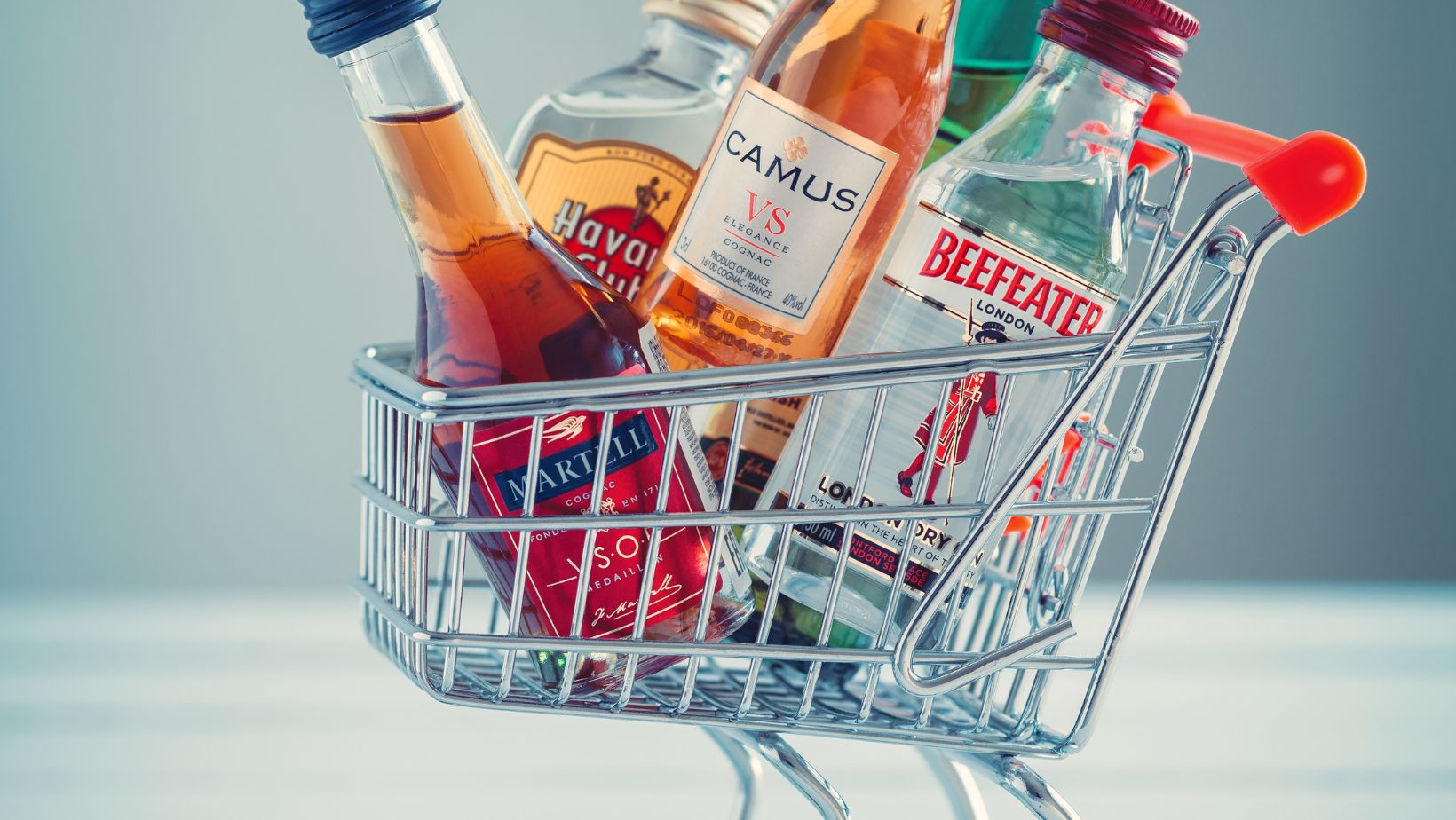Can You Buy Alcohol With A Vertical ID If I’m 21
If you’re wondering about the legalities of buying alcohol with a vertical ID when you’re 21, let’s delve into this topic. Many states issue vertical driver’s licenses to individuals under 21 to easily distinguish them from those who are of legal drinking age. However, once you turn 21, it’s important to understand how this may affect your ability to purchase alcohol.
In most cases, having a valid, unexpired government-issued identification that shows you are of legal drinking age is crucial when buying alcohol. While some establishments may accept a vertical ID after you turn 21, others might have strict policies and refuse service based on their own protocols or concerns about potential fake IDs. It ultimately depends on the specific laws and regulations governing the sale of alcohol in your state, as well as the discretion of individual businesses.
Acceptance of Vertical IDs
When it comes to buying alcohol with a vertical ID, the acceptance can vary depending on several factors. While some establishments may accept a vertical ID as proof of age, others may have strict policies that only recognize horizontal IDs for purchasing alcohol. Let’s delve into the legalities and considerations surrounding the acceptance of vertical IDs.
- State Laws and Regulations: The acceptance of vertical IDs is primarily determined by state laws and regulations. Each state has its own set of rules regarding acceptable forms of identification for purchasing alcohol. Some states explicitly permit businesses to accept vertical IDs from individuals who are 21 years old or above, while others require a horizontal ID as proof of legal drinking age. It’s crucial to familiarize yourself with your state’s specific regulations before attempting to buy alcohol with a vertical ID.
- Establishment Policies: Even if your state allows the use of vertical IDs, individual establishments may still have their own policies in place regarding acceptable identification. Some bars, clubs, or liquor stores might choose not to accept vertical IDs due to concerns about fraud or an abundance of out-of-state visitors who often possess such IDs. In these cases, you might encounter difficulties when trying to purchase alcohol with a vertically oriented identification card.
- Security Features and Validity: Another reason certain establishments may be hesitant to accept vertical IDs is due to security features and validity concerns. Horizontal IDs often have additional security measures like holograms or UV light-reactive elements that make them harder to counterfeit compared to their vertically oriented counterparts. The perceived risk associated with accepting less secure forms of identification could lead some businesses to adopt stricter policies regarding the acceptance of vertical IDs.
- Alternative Forms of Identification: If you find yourself unable to purchase alcohol using your vertical ID, don’t despair! There are alternative forms of identification that most establishments will readily accept:
- Passport: A valid passport is universally recognized as proof of age.
- State-issued horizontal ID: If you have a horizontal ID from your state, it’s generally accepted without any issues.
- Military ID: Active duty or retired military personnel can often use their military IDs to purchase alcohol.
- Enhanced driver’s license: Some states offer enhanced licenses that are compliant with federal identification requirements and are widely accepted as proof of age.

State Laws Regarding Vertical IDs
When it comes to buying alcohol with a vertical ID, the legality can vary depending on the state you’re in. Each state has its own laws and regulations regarding acceptable forms of identification for purchasing alcohol. It’s important to understand these laws to avoid any potential issues or misunderstandings.
Here are some key points to consider regarding state laws and vertical IDs:
- Acceptance of Vertical IDs: Some states allow businesses to accept vertical IDs as proof of age, while others do not. In states where vertical IDs are accepted, businesses may have certain restrictions or additional requirements in place.
- Age Verification: Even if a state accepts vertical IDs, businesses still have the right to verify your age using other methods such as scanning the ID or requesting a secondary form of identification. This is done to ensure compliance with local liquor control regulations.
- Real vs Fake IDs: Businesses must be vigilant in verifying the authenticity of an ID, regardless of whether it is horizontal or vertical. They may use advanced technology or manual inspection techniques to detect fake or altered identification cards.
- State-specific Regulations: Each state has its own set of rules when it comes to selling alcohol and accepting identification cards. Some states may require specific markings on vertical IDs, while others may have additional restrictions on selling alcohol to individuals with out-of-state vertical IDs.
- Updates and Changes: State laws can change over time, so it’s crucial to stay informed about any updates related to acceptable forms of ID for purchasing alcohol in your particular state.


